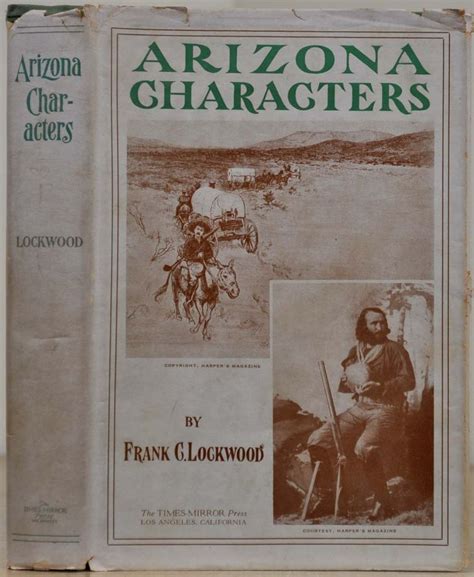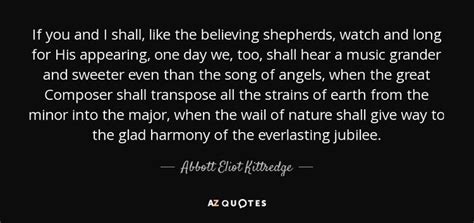A Quote by Timothy Keller
A god of less wrath than the God of the Bible is necessarily a god of less love. His anger is a product of his love.
Related Quotes
Wrath, unlike love, is not one of the intrinsic perfections of God. Rather, it is a function of God's holiness against sin. Where there is no sin, there is no wrath-but there will always be love in God. Where God in His holiness confronts His image-bearers in their rebellion, there must be wrath, or God is not the jealous God He claims to be, and His holiness is impugned. The price of diluting God's wrath is diminishing God's holiness.
My children, mark me. I pray you. Know! God loves my soul so much that his very life and being depend upon his loving me, whether he would or no. To stop God loving me would be to rob him of his Godhood; for God is love no less than he is truth; as he is good, so is he love as well. It is the absolute truth, as God lives... If anyone would ask me what God is, I should answer: God is love, and so altogether lovely that creatures all with one accord essay to love his loveliness, whether they do so knowingly or unbeknownst, in joy or sorrow.
God's love is so perfect that He lovingly requires us to obey His commandments because He knows that only through obedience to His laws can we become perfect, as He is. For this reason, God's anger and His wrath are not a contradiction of His love but an evidence of His love. Every parent knows that you can love a child totally and completely while still being creatively angry and disappointed at that child's self-defeating behavior.
It is no strain of metaphor to say that the love of God and the wrath of God are the same thing, described from opposite points of view. How we shall experience it depends upon the way we shall come up against it: God does not change; it is man's moral state that changes. The wrath of God is a figure of speech to denote God's unchanging opposition to sin; it is His righteous love operating to destroy evil. It is not evil that will have the last word, but good; not sorrow, but joy; not hate, but love.
God's wrath is not an implacable, blind rage. However emotional it may be, it is an entirely reasonable and willed response to offenses against his holiness. But his love . . . wells up amidst his perfections and is not generated by the loveliness of the loved. Thus there is nothing intrinsically impossible about wrath and love being directed toward the same individual or people at the same time. God in his perfections must be wrathful against his rebel image-bearers, for they have offended him; God in his perfections must be loving toward his rebel image-bearers, for he is that kind of God
The cliché, God hates the sin but love the sinner, is false on the face of it and should be abandoned. Fourteen times in the first fifty Psalms alone, we are told that God hates the sinner, His wrath is on the liar, and so forth. In the Bible, the wrath of God rests both on the sin (Romans 1:18ff) and on the sinner (John 3:36).
By His gracious condescension God became man and is called man for the sake of man and by exchanging His condition for ours revealed the power that elevates man to God through his love for God and brings God down to man because of His love for man. By this blessed inversion, man is made God by divinization and God is made man by hominization. For the Word of God and God wills always and in all things to accomplish the mystery of His embodiment.
The common ground where the activities of God and man become one is the motive of perfect love; for in the last resolve love is the essence of God's nature. When he thinks, love is his thought; when he wills, love is the product of his will. To the degree, therefore, that man thinks and wills the good--to the degree that he realizes love in his finite dealings--he interfuses himself with God.
Isaiah 55 provides an entirely different framework for thinking about God's justice, because it suggests that we have it backward - the mystery lies not in God's unfathomable wrath but in his unfathomable mercy. God's ways are higher than our ways because his capacity to love is infinitely greater than our own. Despite all that we do to alienate ourselves from God, all that we do to insult and disobey, God abundantly pardons again and again.
This Bible, then, has a mission, grander than any mere creation of God; for in this volume are infinite wisdom, and infinite love. Between its covers are the mind and heart of God; and they are for man's good, for his salvation, his guidance, his spiritual nourishment. If now I neglect my Bible, I do my soul a wrong; for the fact of this Divine message is evidence that I need it.
Pablito, the Bible was meant to be a bridge, not a wedge. It's the greatest love story ever told, about God's enduring and unconditional love for his creation--love beyond all reason. To understand it, you have to read it with love as the standard. Love God. Love your neighbor. Love yourself. Always remember that.

































